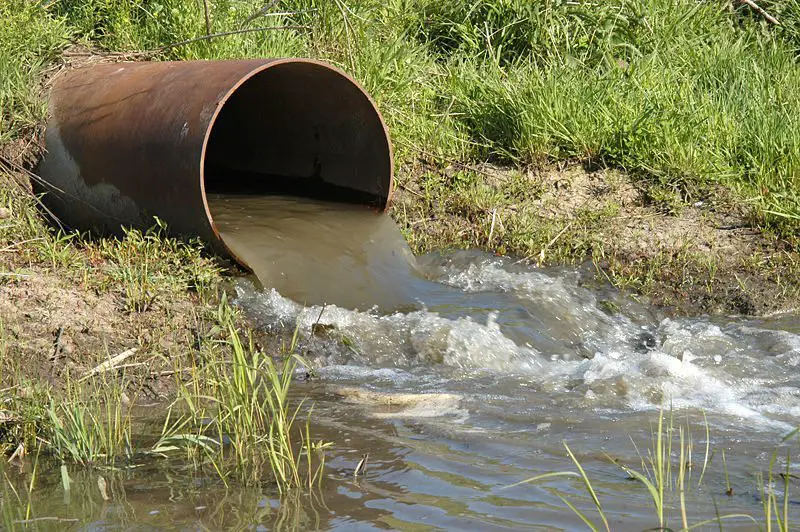Water Workshop in Tanzania discusses wastewater management
Water Workshop in Tanzania: Over 100 professionals and decision-makers from several different disciplines converged in Tanzania’s capital Dar es Salaam at the weekend to discuss Global Water Pathogen Project (GWPP).
GWPP, an initiative of the UN Educational and Scientific Organisation (UNESCO), aims at developing knowledge resources to prevent deaths related to waste pathogens and limited access to safe drinking water and basic sanitation.
Water Workshop in Tanzania, which is themed “Productive Wastewater and Excreta Management in Africa”, was chaired by Dr George Lugomela, representing the Permanent Secretary in the Ministry of Water and Irrigation, Eng. Mbogo Futakamba.
In his speech, Eng Futakamba appealed to the participants to focus on the common objective in addressing the challenges that comes with the inadequate access to clean water, sanitation and high poverty levels. He also encouraged all stakeholders to work hard on the project to make sure that there is improvement in knowledge on sanitation technologies.
Lowest level of sanitation coverage
“The regional focus of today’s workshop is of particular relevance in knowing that Africa is among the world’s regions that have the lowest level of sanitation coverage,” he said. He said that Africa is a continent with the largest number of countries where less than half of the population has access to improved sanitation, citing Tanzania as an example.
He added that although 93 per cent of households in Tanzania had a latrine by 2008, only 24 per cent of the people had access to improved sanitation.
“Despite some improvement in the past decade, 9 per cent of children under five and 6 per cent adults die due to diarrhoea,” Eng Futakamba said.
The Water Workshop in Tanzania, according to Alexandros Makarigakis, the UNESCO Programme Specialist, in addition to raising the awareness of communities of all the stakeholders on the GWPP resources, was also organised to collect facts to help in building a new benchmark on the water and sanitation targets.
The project, which is implemented by the UNESCO International Hydrological Programme in conjunction with Michigan State University, will end next year after establishing the current benchmark reference work on water and all related disease risks and the prescribed interventions.
Participants in the workshop who were drawn from several institutions discussed the challenges related to wastewater and excreta management and the remedies available. Participants also had an opportunity to equip themselves with the GWPP resource so as to help improve efficiency.
The GWPP that brings together over 110 experts from 41 countries is a grand effort to consolidate updated information on pathogens in sewage and water, and the tools available to destroy them.
